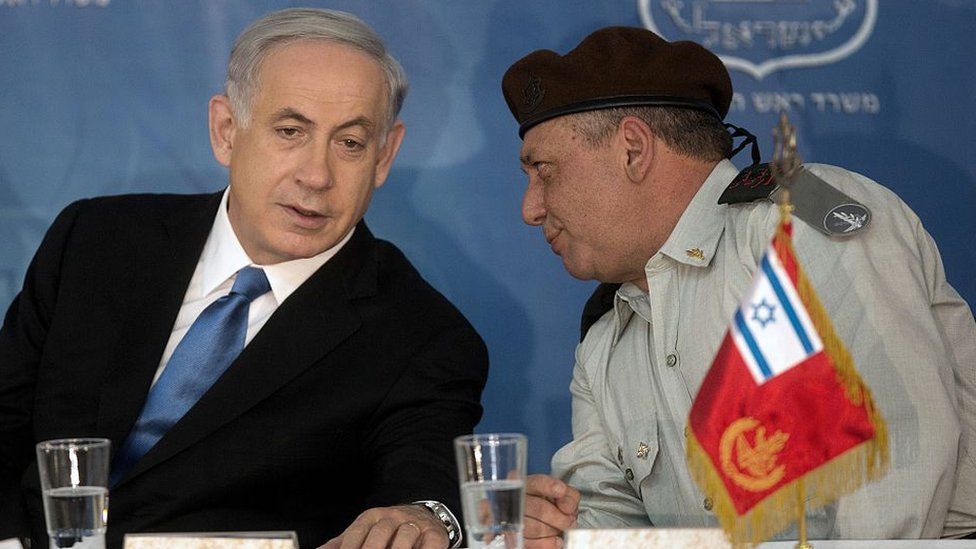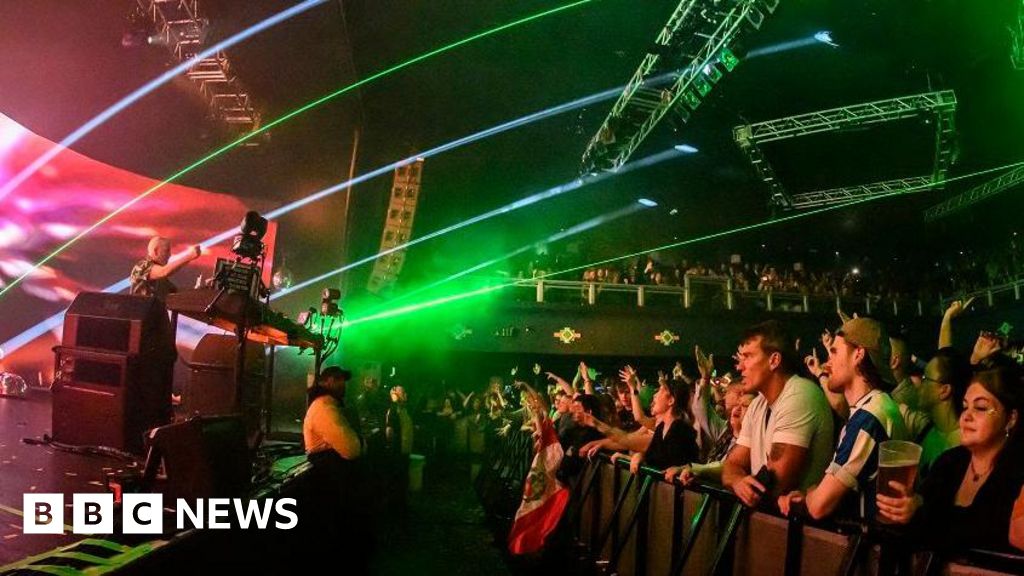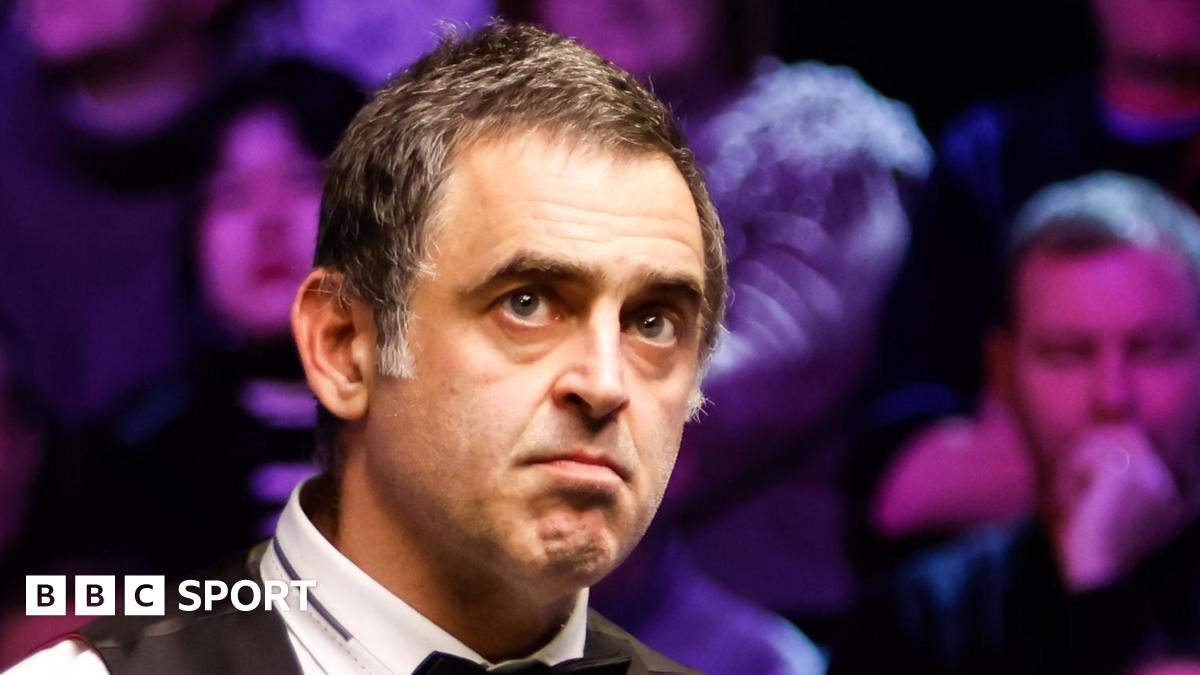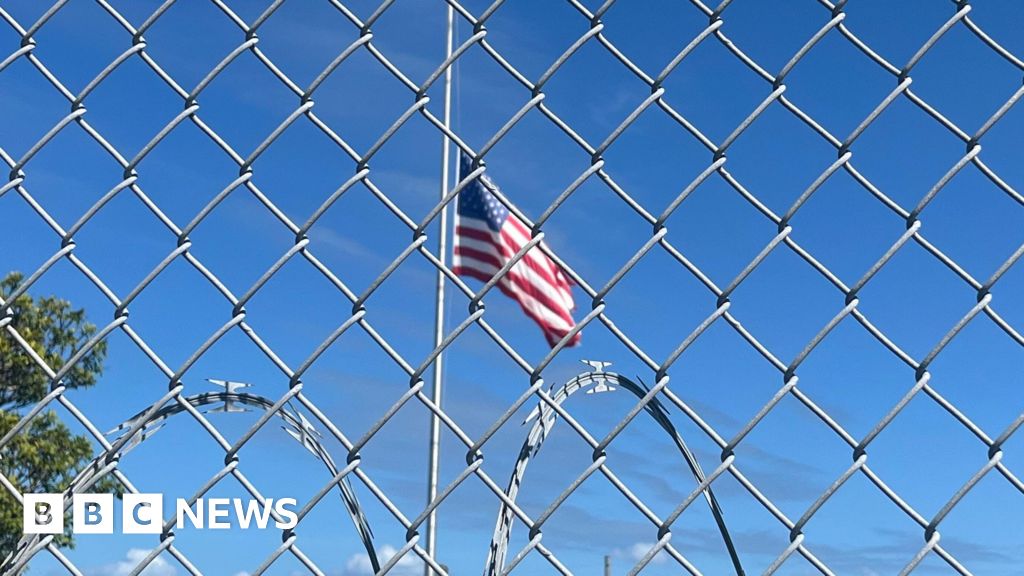 Image source, Getty Images
Image source, Getty Images
Benjamin Netanyahu has publicly rejected calls from the United States for a future Palestinian state
By Mark Lowen
BBC News, Jerusalem
A key member of Israel's war cabinet has accused Prime Minister Benjamin Netanyahu of not telling the truth about the country's military goals in Gaza.
Mr Netanyahu has publicly rejected the US push for a future Palestinian state and insisted the offensive would continue "until complete victory".
But Gadi Eisenkot - whose son was killed fighting in Gaza - said those advocating "absolute defeat" of Hamas were not "speaking the truth".
The retired general also said Mr Netanyahu shared "sharp and clear responsibility" for failing to protect his country on 7 October and urged fresh elections, saying there was "no trust" in Israel's current leadership.
Hamas killed around 1,300 people and took 240 hostages in their surprise attack on southern Israel.
Tensions among the cabinet, with reports that the prime minister and Defence Minister Yoav Gallant are barely on speaking terms, come as the chasm between Israel and its Western allies widens.
After Mr Netanyahu's comments on Palestinian statehood, the White House national security adviser John Kirby said the United States and Israel "clearly see things differently".
Mr Kirby said that there was no way to solve Israel's security challenges without a Palestinian state.
But Mr Netanyahu's comments come as no surprise.
He has spent his career resisting a Palestinian state and just last month boasted that he was proud to have prevented it.
The timing of yet another rebuttal of the Biden Administration will heighten a sense of his growing international isolation, as deaths in Gaza near 25,000, according to the Hamas-run health ministry.
The US has repeatedly tried to influence Israel's military strategy during this conflict - urging more precision-guided attacks in Gaza as opposed to the blanket air strikes; delaying or abandoning the ground invasion; and engaging in meaningful talks on a two-state solution in which Israel would neighbour a future Palestinian state, with a role for the Palestinian Authority.
But the calls have often been rejected by Mr Netanyahu during tense meetings with US officials, deepening the frustration in some American circles over President Biden's unconditional support for Israel.
Amid the preponderance of death in this conflict, Israel's allies hope life could be breathed back into the dormant two-state plan as the only way to create lasting peace.
But Mr Netanyahu's comments appear to show he wants quite the opposite: a position he undoubtedly hopes would be more in line with a future administration of Donald Trump and which could have been timed to give his old American friend red meat to rally his pro-Israel supporters in a US election year.
Within Israel, an increasingly unpopular prime minister is falling back on the far-right that props up his government.
Image source, Reuters
Image caption,The White House has said the United States and Israel "clearly see things differently"
A recent poll found that just 15% of Israelis want him to keep his job after the war.
And while most Israelis continue to support military action against Hamas, the majority now say they want to prioritise bringing the remaining 130 or so hostages home, over the potentially impossible aim of destroying Hamas.
His latest comments on a future Palestinian state are also a repudiation of Arab attempts to mediate in the conflict.
Saudi Arabia has dangled before him the prize of normalising ties with Israel as part of a ceasefire deal that includes a two-state solution.
But Israel's prime minister seems to have staked his political survival on a hard-line anti-Palestinian position.
No longer can he sell himself as "Mr Security" after the worst attacks in Israel's history happening under his watch.
Now it's "Mr No Independent Palestine": a position he believes will chime with the public mood here that, while increasingly out of love with its prime minister, is still too traumatised to conceive of a Palestinian state next door.
 (1).png)
 11 months ago
15
11 months ago
15


















